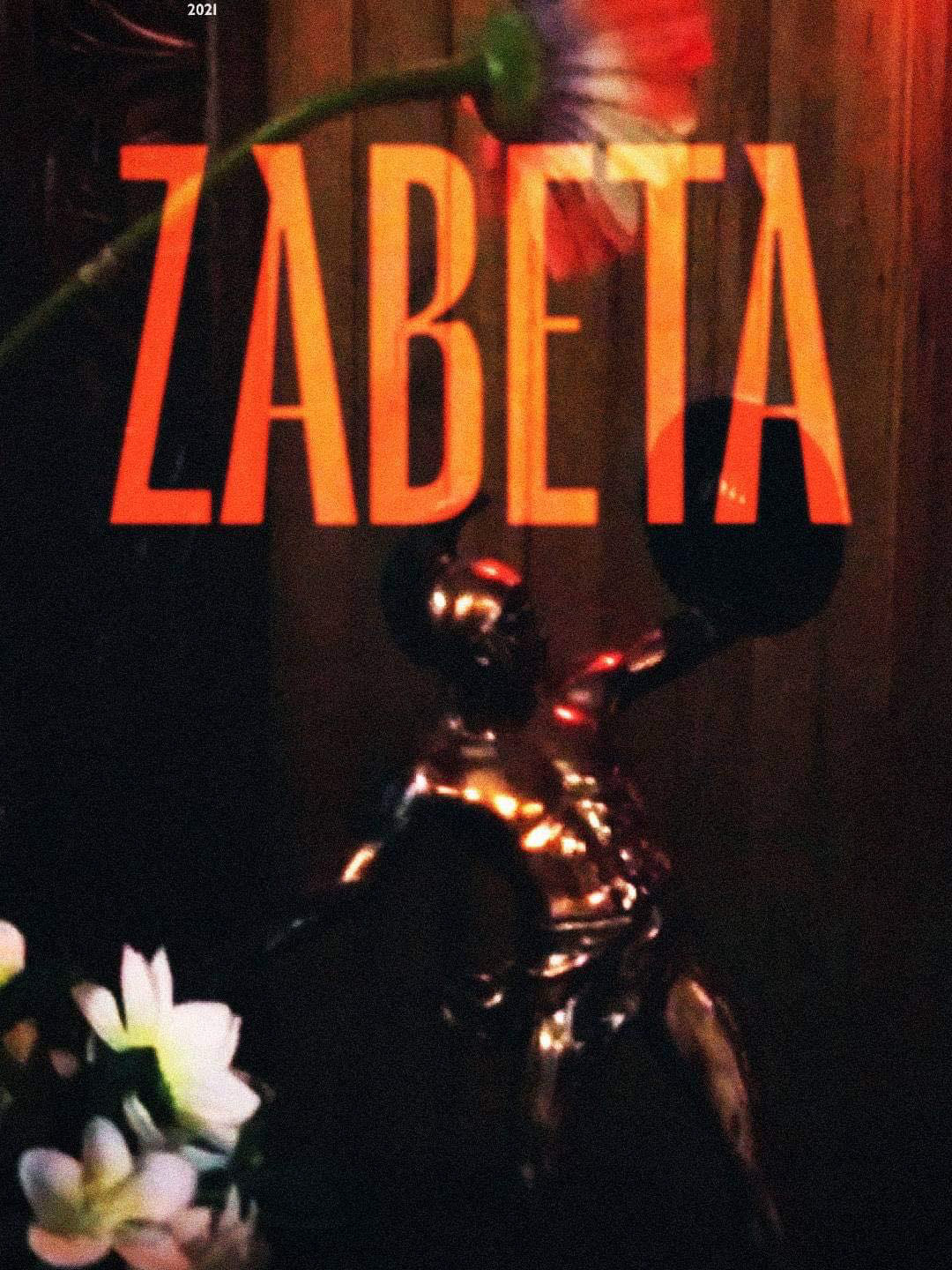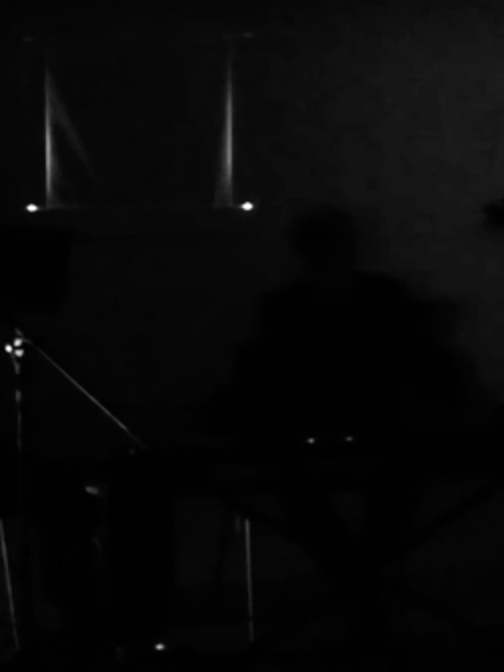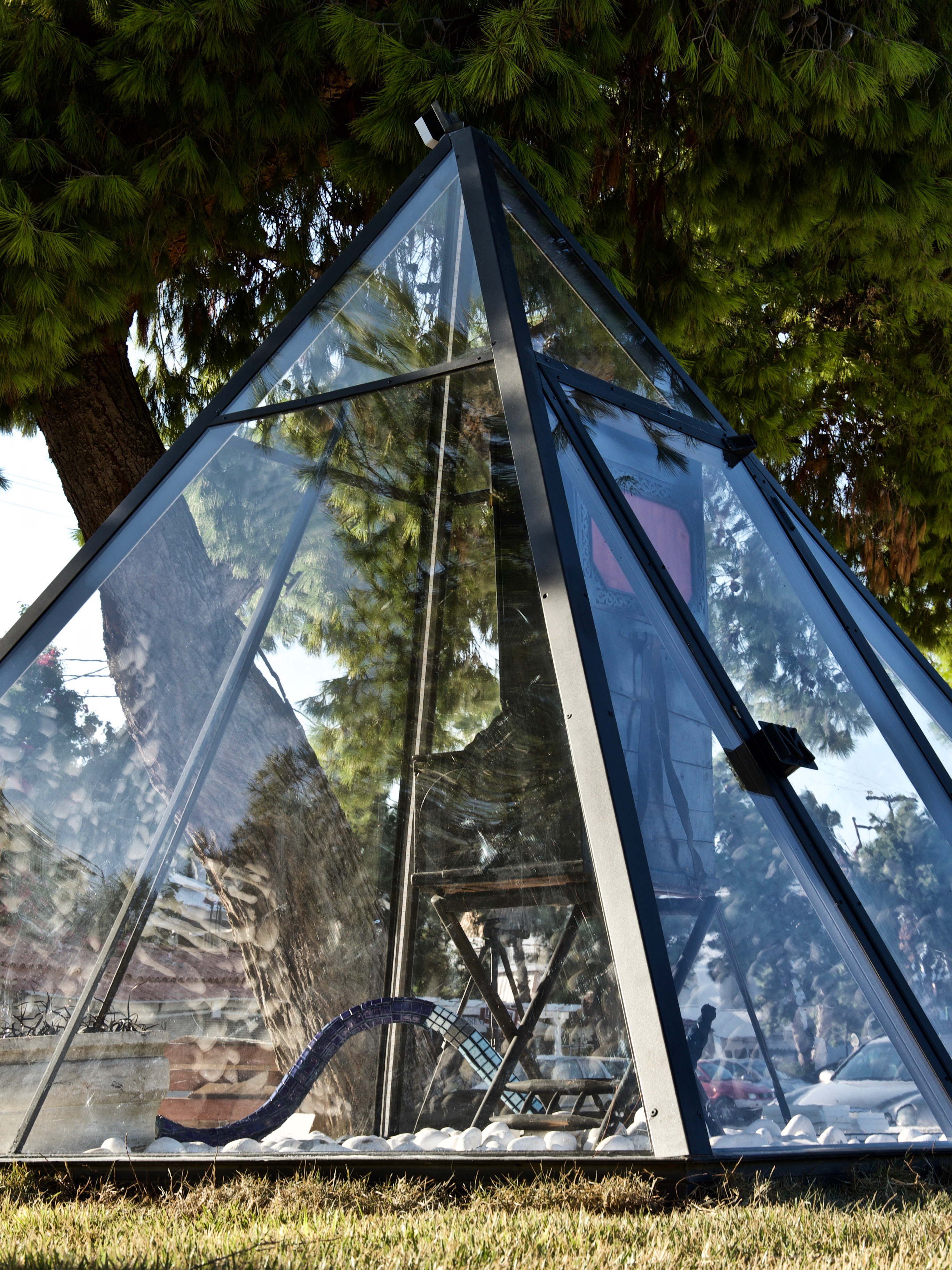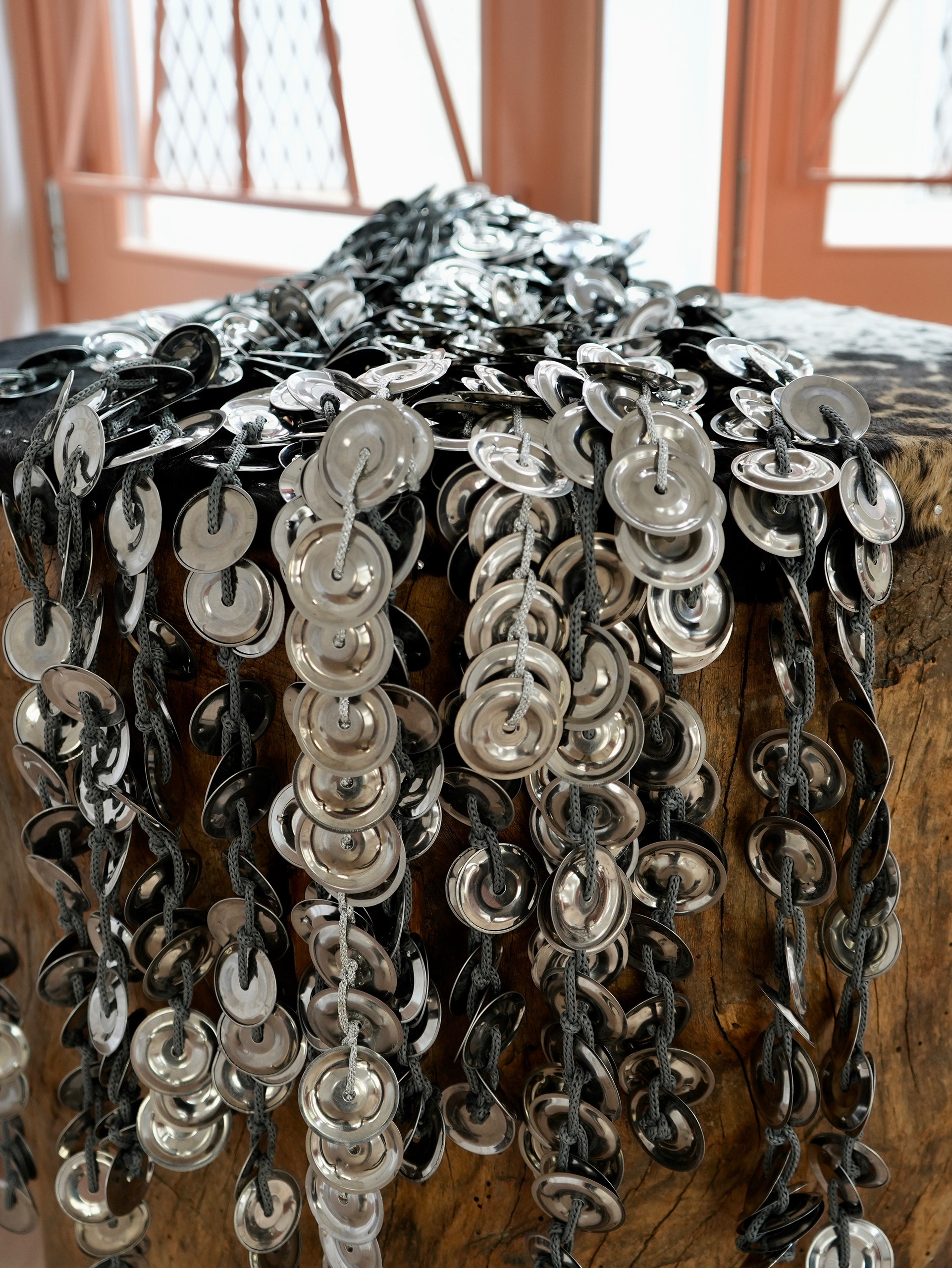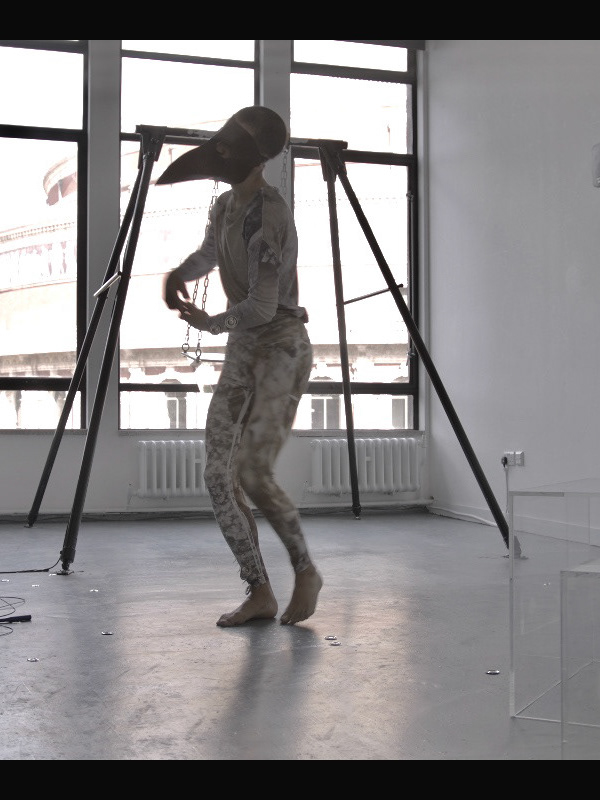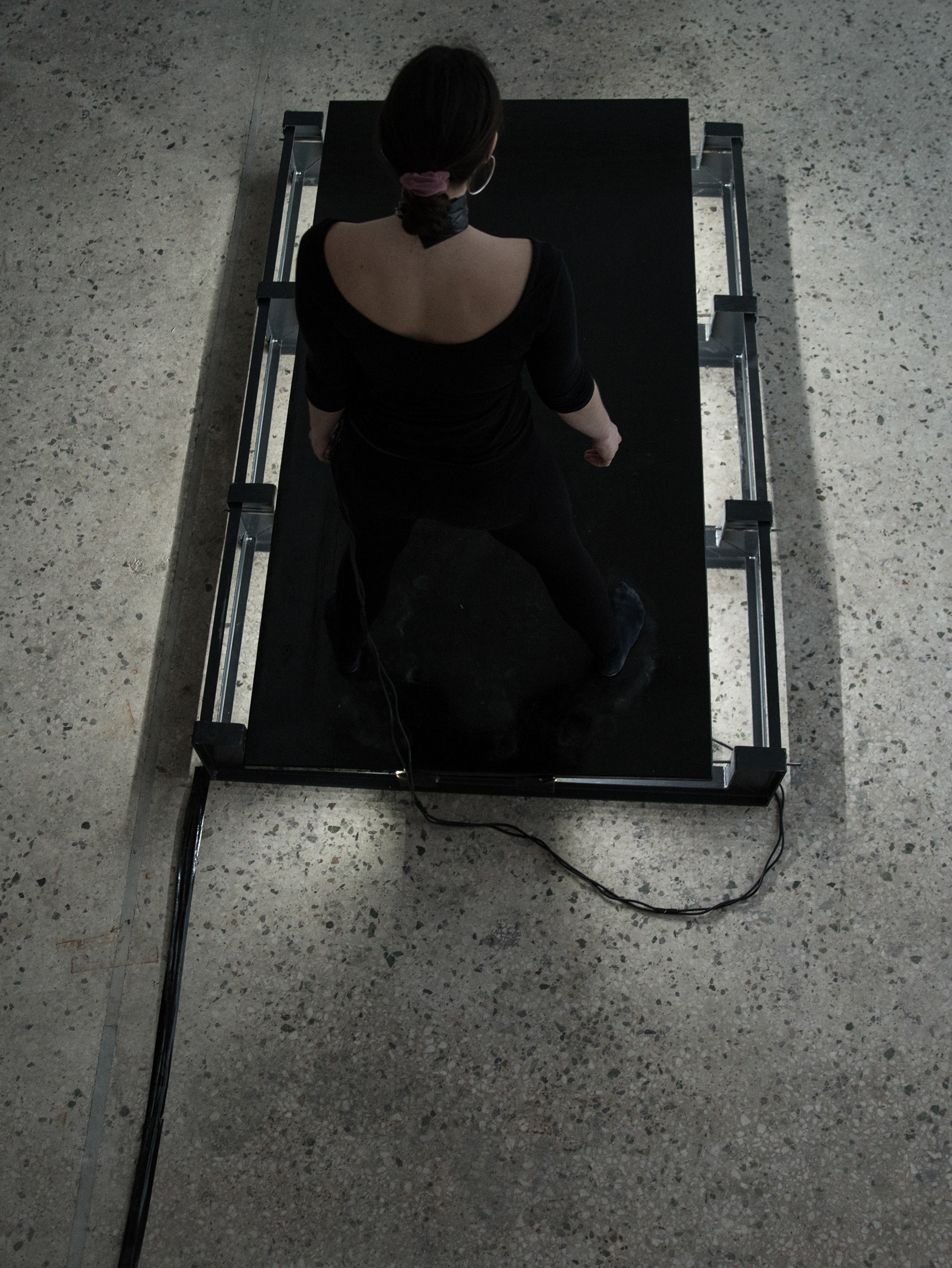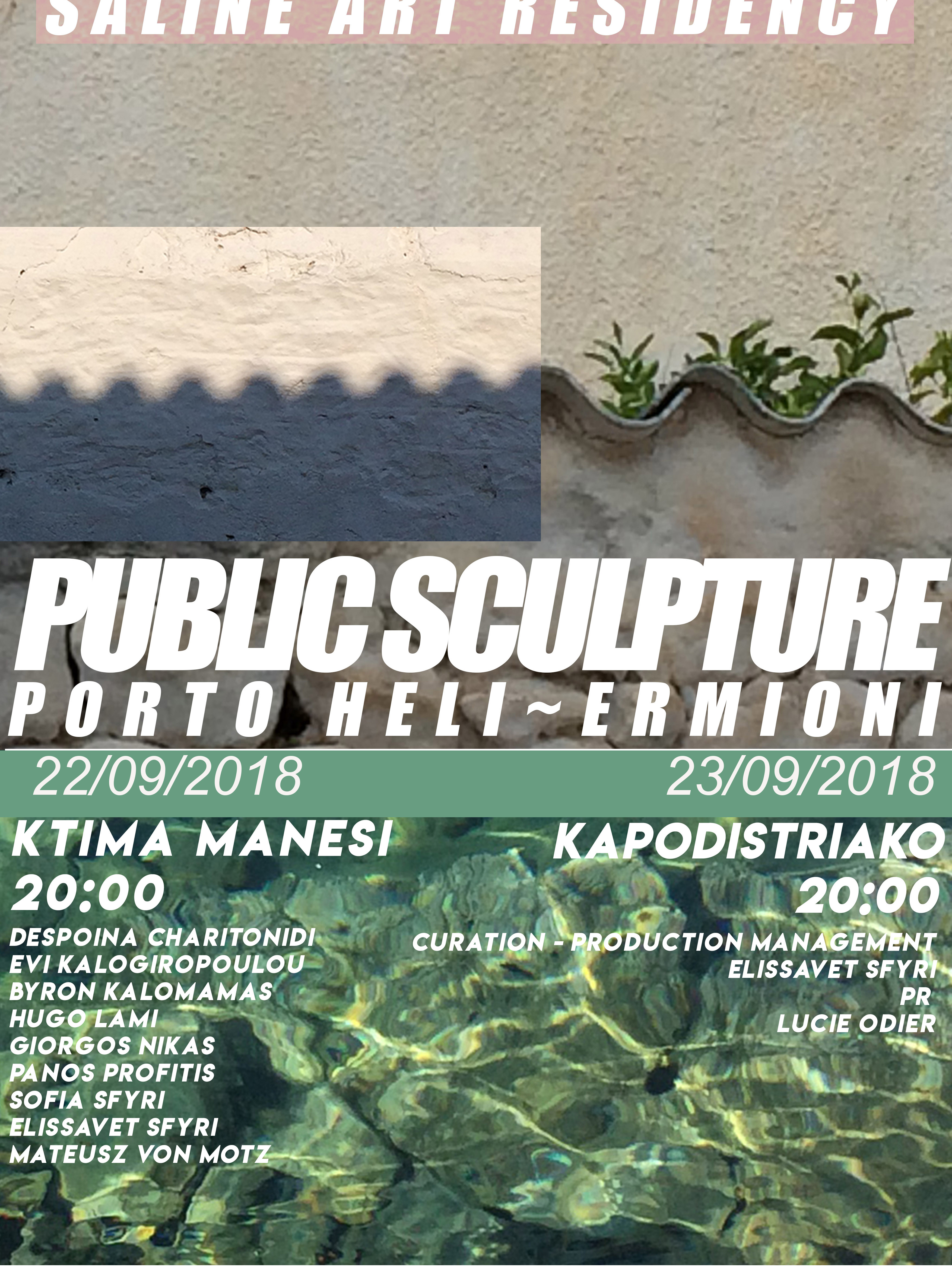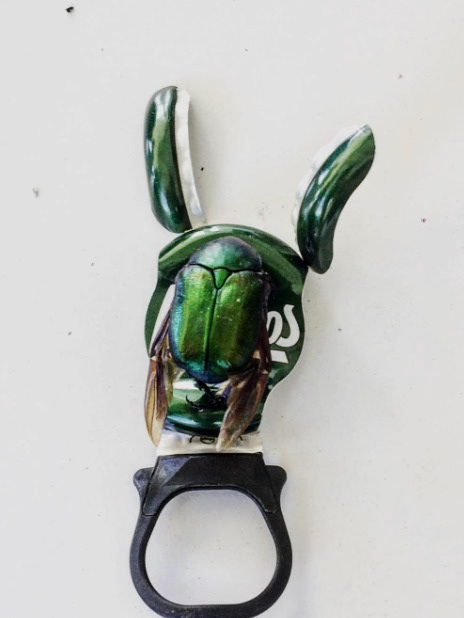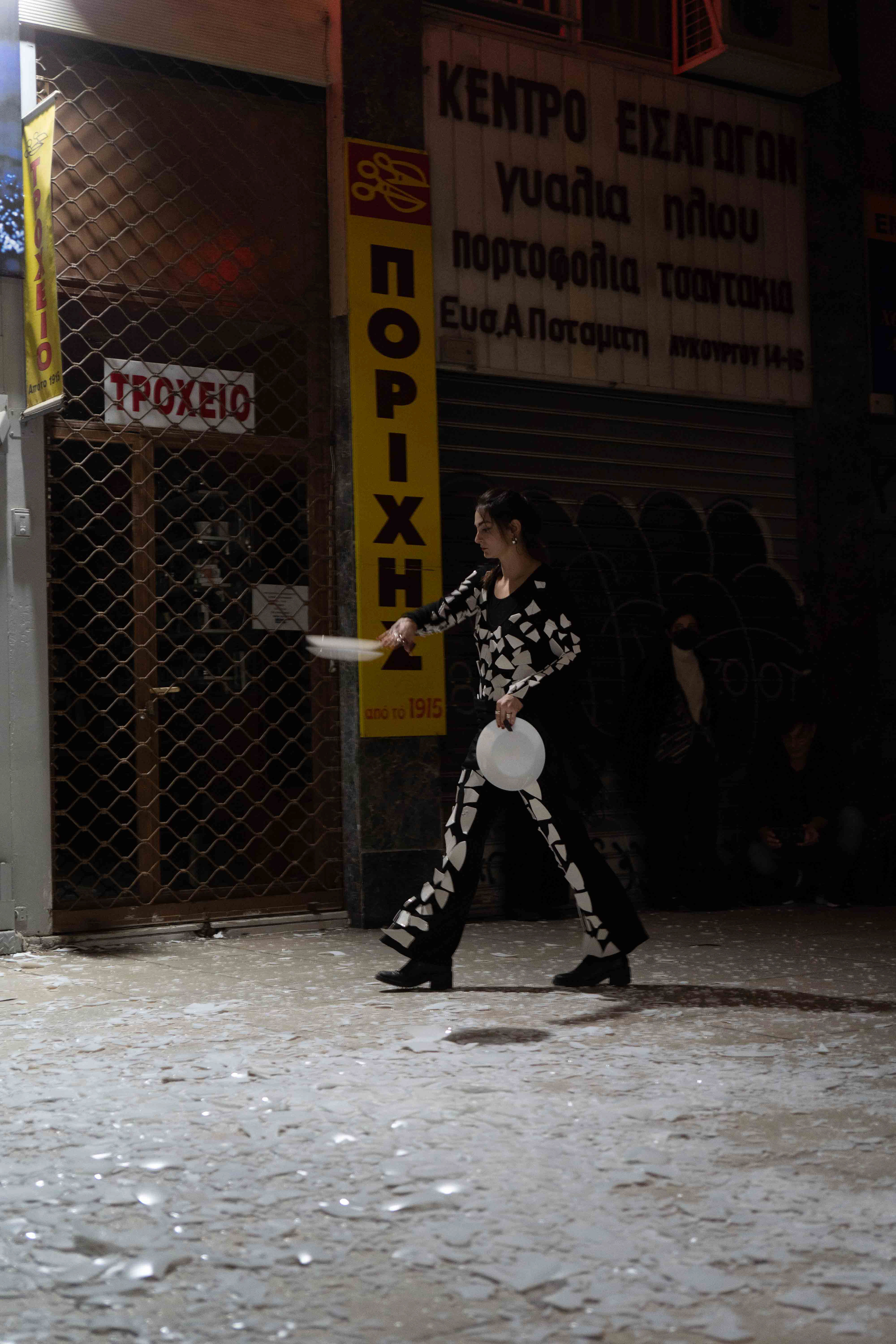
Teaser from Performative encounters at Hyle (Georgia Sagri)
Curated By Lydia Antoniou and George Bekirakis
Dichotomy - Elissavet Sfyri | Sijmen says - Despina Charitonidi
Dichotomy is a sound sculptural performance. The first presentation of the project took place at the Centre d’Art Contemporain in Geneva (MAMCO) in May 2018 (TO CAMP). The performance began at the museum's emergency exit, with dishes being broken from the fourth floor onto the steps of a perforated metal staircase. As the debris fell through the floors, it created layers of sound, ultimately landing in a water-filled ‘pool’ illuminated with LEDs to evoke the Greek islands and the Aegean Sea.
In the second part, I wore a costume made of broken dish fragments, creating sounds through the rhythmic movements of my body. The act of breaking dishes metaphorically corresponds to the wearing away of the self. A plate, a tool for parents to control a child’s sustenance, embodies not only care and nurture but also messages of culture, manners, customs, origins, and social status. The image of a falling, shattering plate can symbolize political collapse, status change, lifestyle transformation, or even migration. What does it mean to break a plate—the vessel that holds sustenance? What does it mean to leave your family home or country? To make a defining choice? In this piece, I explore the cultural heritage that defines us, examining how culture evolves as we move to new lands. The viewer is invited to witness rage, representing the desperate situations people face as they break their dishes—a rupture in their relationship with these objects, reflecting disconnection, war, invasion, and loss of continuity.
Historically, the act of breaking plates in Ancient Greece began at funerals and then extended to weddings. People would break their plates so that invading enemies couldn’t use them. In 1969, dictator Papadopoulos banned this custom. What was once celebratory became an act of resilience and resistance. Rebetiko music, Greece’s early 20th-century blues, captured this era, reflecting themes of exile, family loss, wandering, excess, love, imprisonment, and death. This music and the forbidden custom of breaking plates symbolize a longing for what’s been lost, whether homeland, family, love, or the past—possibly a rupture from all of it. Today, plates are still broken in celebrations, carrying these echoes.
Through this piece, I reflect both the turbulent history of Greece and my personal nostalgia for the country of my childhood. Facing economic and political challenges, Greece differs from the land I remember, and this longing parallels my personal journey as well as the lives of many others.
